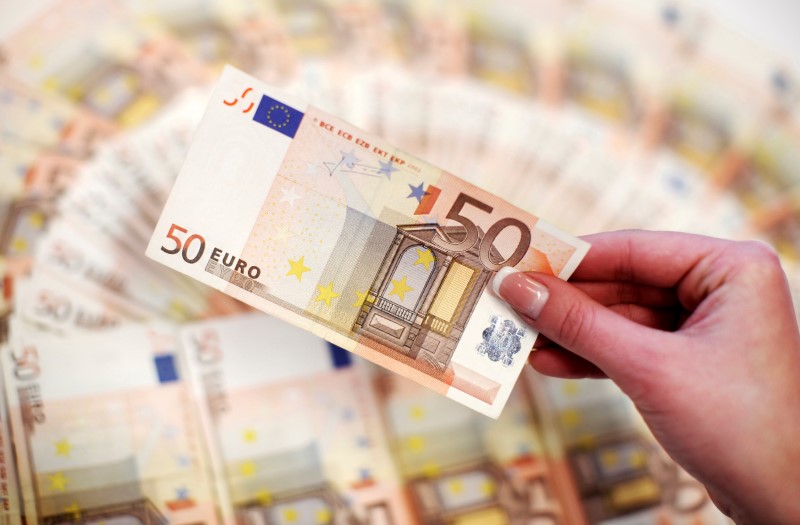Investing.com – The euro suffered a brutal September selloff that continued Monday following fresh signs of economic trouble in Europe just as experts warn that the single currency could hit parity with the dollar in the coming months as U.S. interest rates remain higher for longer.
fell 0.79% to $1.0487 after data showed activity remained in a deep contraction.
Eurodollar stumbles along road to parity
“We see a window for further dollar strength that could take EUR/USD back toward parity,” MUFG warned in its October outlook, released on Monday.
The last time the euro hit parity and fell below that level was in July last year, pressured by concerns of an energy supply crisis and economic woes.
While a stumbling euro economy, pressured by weakness in Germany, the economic engine of Europe, has returned to haunt the euro, the bulk of the weakness has dollar’s fingerprints all over it.
Dollar strength unlikely to fade as Treasury yields advance
The , which wrapped up its 11th straight weekly win last week, has jumped by more than 7% since its July trough, as the world’s reserve currency drew strength from the Federal Reserve’s higher for longer message that pushed Treasury yields to multi-decade highs.
“The risk for yields is to the upside given the time of year,” MUFG added. “With the potential for less liquidity ahead, we would not be shocked to see a break towards or above 5% on 10s.”
This window of dollar strength, MUFG says, could be reinforced should the Fed decide to hike rates in November.
The odds of a November rate hike haven garnered some attention recently — after the U.S. narrowly avoided a government shutdown that would have likely dented near-term growth – moving to 30% from about 18% last week, according to Investing.com’s
Euro bulls: Try again next year?
The months of selling in EUR/USD has forced the currency pair to give up all its gains for the year, though the end of the year or early next year could bring some hope or respite as higher rates are expected to make a larger dent in U.S. economic growth.
“As the data turns weaker in the US and the EUR/USD rate can partially retrace declines over recent months,” MUFG added.
US growth receding and Europe finding a trough in the next few months, along “with a continued deceleration in inflation pressures … would help alleviate the key pressures that have kept the dollar elevated for much of this year,” Goldman Sachs said.
Read the full article here



